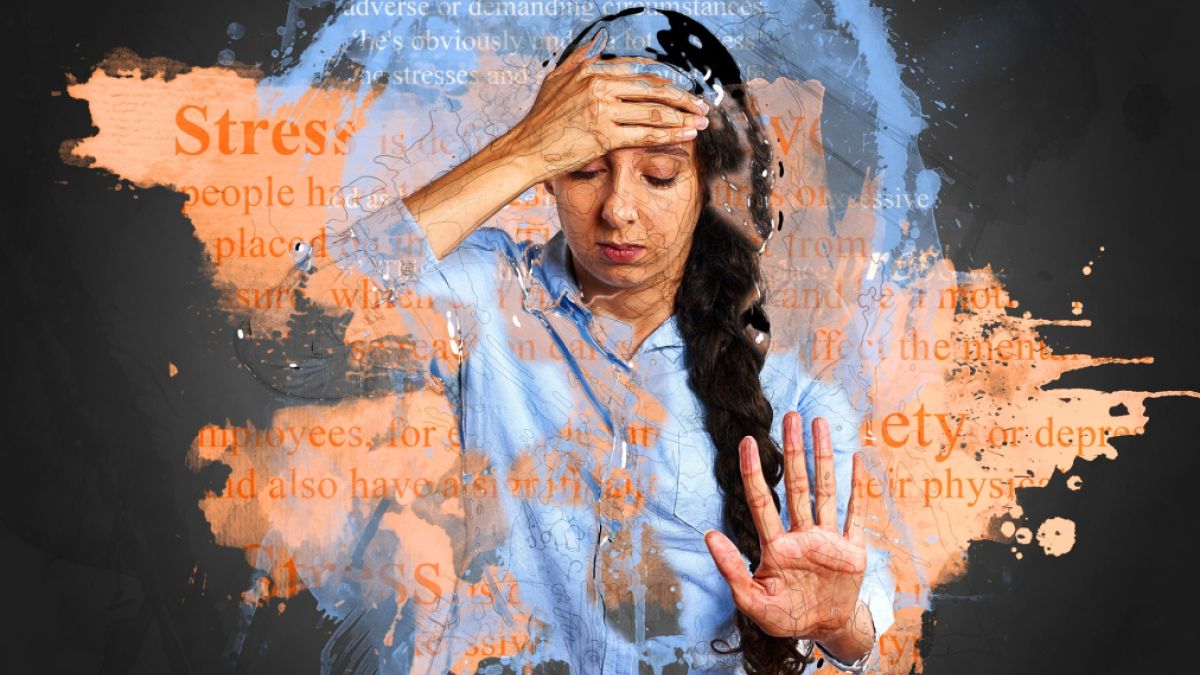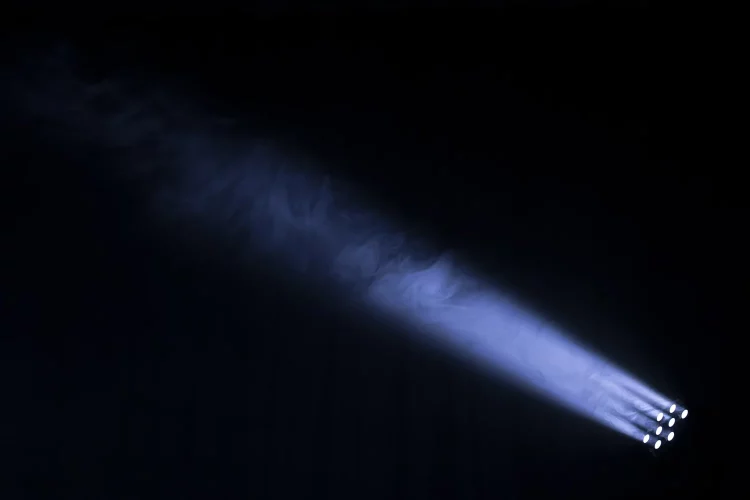Introduction: The Spotlight and Its Perception
In our lives, the “spotlight” often represents both a privilege and a burden. It’s the place where attention is drawn, where scrutiny is inevitable, and where every flaw can be exposed. But does it only reveal our weaknesses, or can it serve as a stage to highlight our strengths as well? While it’s easy to assume that being under the spotlight—whether metaphorical or literal—magnifies our vulnerabilities, there’s a more nuanced view to consider.
The spotlight is not inherently biased toward weakness. In fact, the way it shines on us is deeply influenced by how we perceive it, how we react to it, and how we shape our identities under its gaze. This article explores the complex relationship between the spotlight, personal vulnerabilities, and the potential for growth, success, and self-discovery.
The Dichotomy of the Spotlight: A Double-Edged Sword
The spotlight is often seen as a symbol of exposure and vulnerability. Think of a stage performer, a politician, or a public figure. All these individuals live in constant awareness that their actions are watched, analyzed, and critiqued by others. The pressure of the spotlight can seem like an ever-present reminder of their flaws, failures, or any missteps. But this is not the full story.
Yes, the spotlight illuminates our weaknesses, but it also offers a platform to showcase our strengths. The way we respond to being in the spotlight can ultimately reveal not only what we struggle with, but also what we excel at. Being constantly exposed means there’s less room to hide, and less space for self-deception. For some, this might lead to feelings of insecurity or self-doubt, but for others, it becomes a catalyst for personal transformation and empowerment.
Spotlight and Weaknesses: A Natural Connection

It’s no secret that the spotlight can exaggerate our weaknesses. A single misstep on a public platform can be amplified by social media, magnifying the smallest error into a major blunder. This phenomenon is evident in the world of sports, politics, entertainment, and even social media influencers. For instance, a celebrity’s bad performance or a politician’s gaffe can quickly dominate news cycles, making their weaknesses the focal point.
However, it’s important to differentiate between “weaknesses” and “imperfections.” Human beings, by nature, are imperfect creatures, and the spotlight often magnifies these imperfections. Whether it’s a public speaking error, a social faux pas, or a personal failure, we’re all vulnerable to criticism when our lives are put under the microscope.
But can we define these imperfections as weaknesses, or are they simply natural aspects of being human? When we view weaknesses through the lens of imperfection, it becomes clear that the spotlight doesn’t just expose flaws—it highlights the complexities of human nature.
The Role of the Audience: How External Perceptions Shape the Spotlight
The power of the spotlight is not just in how it shines on us; it’s also in how others perceive us when we’re under it. The audience—the public, the critics, the fans—plays a pivotal role in shaping how the spotlight impacts us. A supportive and understanding audience may help mitigate the feeling of exposure and critique, allowing individuals to thrive. In contrast, a hostile or unforgiving audience can make every flaw seem insurmountable, fostering a sense of inadequacy.
This dynamic between the individual and the audience often determines how the spotlight affects our weaknesses. Positive feedback, encouragement, and empathy can turn a perceived weakness into an opportunity for growth. In contrast, judgment and negativity can deepen insecurities, making it harder to recover from setbacks.
Spotlight and Strengths: Turning Exposure into Empowerment
While the spotlight undeniably brings attention to weaknesses, it can also serve as a stage for showcasing strengths. A skilled orator, for example, may use the spotlight to captivate an audience with powerful ideas and eloquent speech. A talented athlete might harness the attention to perform extraordinary feats, earning admiration and respect. In both cases, the spotlight does not simply expose flaws; it amplifies their talents and abilities.
The key here is not the spotlight itself, but the way in which we choose to engage with it. Those who embrace the exposure and work to refine their skills, grow from their experiences, and use criticism constructively often find that the spotlight brings out their best qualities. This process of turning vulnerability into strength is not easy, but it is achievable with the right mindset and perseverance.
Growth in the Spotlight: Overcoming Self-Doubt and Building Resilience
Perhaps one of the most significant ways the spotlight can reveal our weaknesses is by exposing our self-doubt. For many individuals, the idea of being in the public eye is terrifying. The fear of judgment, rejection, and failure can lead to paralyzing self-consciousness, making them hesitant to take risks or step forward. However, it’s through this very discomfort that growth often occurs.
Being under the spotlight is an exercise in vulnerability. It forces us to confront our fears, insecurities, and self-imposed limitations. In this space of exposure, we have the opportunity to develop resilience, to learn from our mistakes, and to build emotional strength. This process is neither quick nor painless, but it is transformative.
The spotlight can serve as a mirror, reflecting our internal struggles and external behaviors. It pushes us to grow in ways we might never have considered if we were never forced to face these challenges in front of others.
Cultivating Confidence in the Spotlight: A Shift in Perspective
One of the most empowering ways to navigate the spotlight is by shifting our perspective on what it truly represents. Instead of seeing it as a threat or a burden, we can begin to view it as an opportunity for self-expression, growth, and validation. When we embrace the spotlight with confidence, it no longer becomes something that only exposes our weaknesses; it becomes something that highlights our strengths and achievements.
Building confidence in the spotlight involves understanding that mistakes and imperfections are part of the journey. It’s about accepting that no one is perfect, and that being vulnerable doesn’t make us weak—it makes us human. The more we learn to embrace this vulnerability, the more we empower ourselves to thrive under pressure and rise to new heights.
Spotlight as a Tool for Authenticity
When we think about the spotlight, it’s easy to assume it’s only about performance. But what if the spotlight is also a tool for authenticity? In a world that increasingly values transparency, being under the spotlight can be an opportunity to share our true selves with others. It is in the act of being genuine—showing vulnerability and authenticity—that we forge deeper connections with our audience.
The most influential figures in any field are often those who embrace their flaws and imperfections. They are the ones who are not afraid to be seen for who they truly are. In the spotlight, they don’t try to hide their weaknesses—they integrate them into their persona, turning them into assets rather than liabilities. This is the ultimate power of the spotlight: when it reveals not just our weaknesses, but our truest, most authentic selves.
Conclusion: The Spotlight as a Mirror of Growth
Ultimately, the spotlight does not only reveal our weaknesses. It reflects our journey—our imperfections, our strengths, our growth, and our resilience. While it can magnify our vulnerabilities, it can also illuminate our potential. The spotlight is not a passive force that simply exposes flaws; it is an active stage that invites us to perform, to grow, and to evolve.
By rethinking how we interact with the spotlight, we can begin to see it not as something that only highlights our weaknesses, but as a platform that challenges us to embrace our full, authentic selves. It is in this dance of vulnerability and strength that we find the true power of the spotlight—an opportunity not just to be seen, but to shine.










































